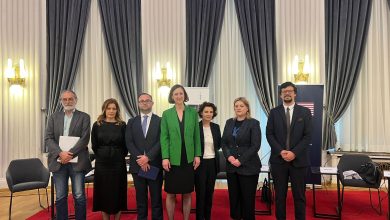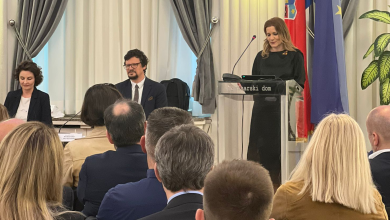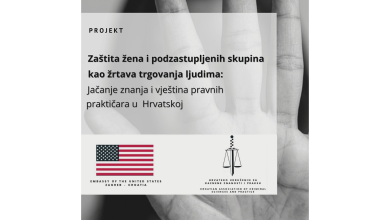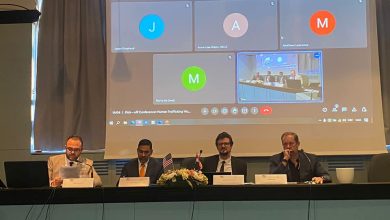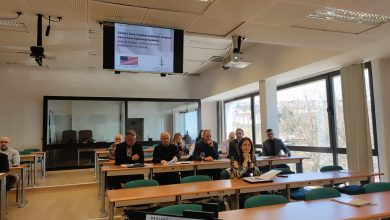Project Implementation Overview
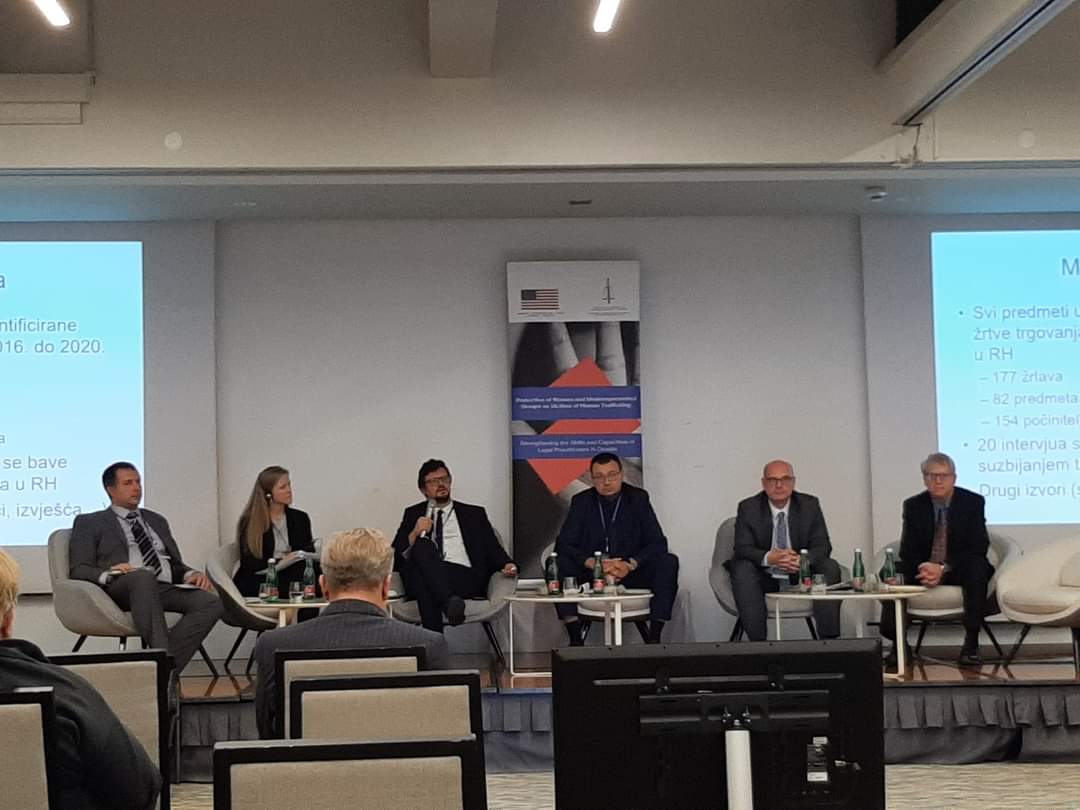
This report presents the key discoveries and suggestions from the Alumni Grant Project titled “Enhancing the Skills and Capacities of Legal Practitioners in Croatia: Protecting Women and Underrepresented Groups as Victims of Human Trafficking.” It encompasses all the activities carried out within the designated project period from June 15, 2022, to June 30, 2023.
1. Throughout the project, regional workshops and extensive consultations were conducted with judicial representatives, prosecutors, lawyers, government officials, and experts from both U.S. and domestic state institutions, as well as civil society. The objective of these discussions was to explore ways to support and advance ongoing efforts in preventing the trafficking of women and underrepresented groups and compensation of victims in Croatia. Additionally, the aim was to detect the inconsistencies in judicial practice in terms of victim’s compensation as a method of assist trafficked individuals, protect their rights, as well as ensure the prosecution of perpetrators in accordance with the country’s commitments on Trafficking in Persons (TIP) and relevant
international standards.
2. The project team directly engaged in consultations with high-ranking government officials and representatives from various departments. These included the National Co-ordinator on Combating Human Trafficking, the Director of the Government Office for Human Rights and Rights of National Minorities, the Police Academy, the Ministry of Justice, the Ministry of Interior, the Judicial Academy, the State’s Attorney Office, the Ombudspersons for Children and for Gender Equality, as well as judges and prosecutors from the Municipal Criminal Courts in Split, Osijek, Rijeka, Dubrovnik, and Zagreb. Additionally the project team engaged U.S. and domestic experts for the purpose of contributing to the training workshops and in the creation of the final Guidelines. The U.S. experts Dr. Markus Funk (lawyer) Hon. Virginia Kendall (judge) and Mr. Stephen Backer (lawyer) were key to the success in the exchange of U.S. and domestic positive practices and experiences. Furthermore, the project team collaborated with the National Center for Abused and Missing Children in Osijek, headed by Mr. Tomislav Ramljak, who later actively participated as a partner in implementing project activities.
3. The project team expresses gratitude to the staff of the U.S. Embassy in Zagreb, the Croatian authorities, particularly the Judicial Academy, the Police Academy, and the Government Office for Human Rights and Rights of National Minorities, for their cooperation, dedication, and assistance in organizing and facilitating the visit. The project team would also like to extend their appreciation to all the participants, including civil society and international experts involved in our programs in Croatia, for their willingness to share their knowledge and perspectives.
4. The main goal of the project was to strengthen the skills of justice professionals in Croatia in safeguarding the rights of victims of human trafficking – particularly women, children, Roma and migrants – as underrepresented groups through a series of training and moot courts. The specific objectives of this project were to identify promising practices for the identification of victims and prosecution of perpetrators; strengthen the skills and knowledge of justice professionals in awarding indemnification claims for victims in the criminal procedure, avoid secondary victimization, as well as offense classification and sentencing perpetrators of human trafficking; promote the holistic approach of all stakeholders in dealing with victims of human trafficking through comprehensive training, creation of a special Guidelines, which are the sustainable element of the project will foster future cooperation between the stakeholders.
5. The workshops and consultations primarily focused on the state of human trafficking in Croatia and the ongoing policy, legislative, and practical responses to address it. Specific discussions revolved around the identification and provision of assistance to victims of all forms of trafficking, including child victims of trafficking. Moreover, emphasis was placed on safeguarding the rights of victims, particularly migrants, asylum seekers, women, and underrepresented groups. Furthermore, regional moot courts were organized with the participation of judges, lawyers, and prosecutors, aiming to transform the approach to dealing with victims of human trafficking.
6. The project team is proud to present the accomplished results of their project, which have had a significant impact on addressing human trafficking. One key outcome is the strengthened skills and capacities of domestic law enforcement and justice personnel in the county courts of Dubrovnik, Split, Osijek, Rijeka, and Zagreb. Through their training, these professionals have gained valuable insights and enhanced their ability to identify victims and prosecute perpetrators of human trafficking. They are now better equipped to prevent secondary and tertiary victimization, properly charge traffickers, identify practical errors, and address indemnification claims within the criminal procedure. These improved capacities have contributed to a more effective and fair judicial response to human trafficking cases.
7. Additionally, the project successfully fostered a holistic approach among all stakeholders involved in assisting victims of human trafficking. This was achieved through comprehensive training programs that encouraged cooperation and collaboration among various entities. By adopting this holistic approach, the response to human trafficking has become more coordinated, comprehensive, and supportive for the victims. The project team also developed specialized Guidelines for justice professionals on the treatment and compensation of human trafficking victims. These Guidelines provide a comprehensive summary of all legal provisions related to victims of human trafficking and offer guidance on how to approach victim treatment. They serve as an invaluable resource for justice professionals.
8. Another significant milestone was the groundbreaking discussions held during the final conference in Zagreb. For the first time in Croatia, stakeholders engaged in conversations about online sex trafficking, technology-facilitated trafficking, and the implementation of the newly enacted Digital Services Act. These discussions shed light on emerging challenges and helped shape strategies to combat these forms of trafficking. Furthermore, the project team initiated discussions on the development of a special Anti-Trafficking Act in Croatia, inspired by the Modern Slavery Act in the UK and the Victims of Human Trafficking Act in the US. This initiative aims to strengthen the legal framework and provide better protection for victims. The project culminated with an online regional conference, attended by regional practitioners and policymakers. During this conference, the project team presented the final version of the Guidelines, which were accepted by experts in the region. The discussions focused on identifying regional challenges in protecting and assisting victims, aiming to develop effective strategies to address these issues. Overall, the project’s achievements have made significant contributions to combating human trafficking and providing support to its victims. The project team is proud of their work and remains dedicated to continued efforts in the fight against human trafficking.
9. In addition to the Guidelines for legal practitioners, the project produced one article presented at the Conference in Opatija and one brochure distributed at workshops and conferences.
